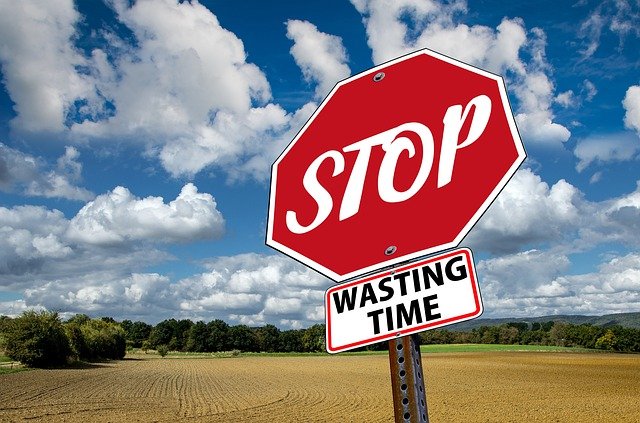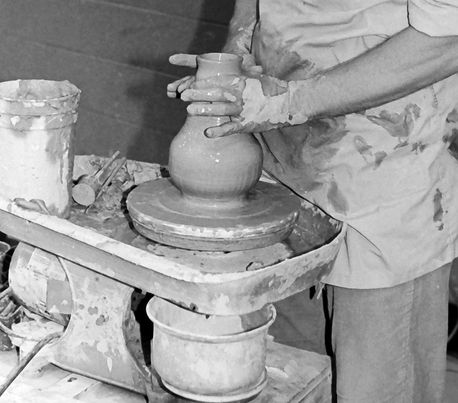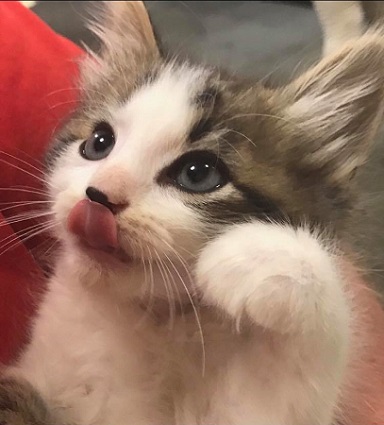Salt of the Earth
 To view salt of the earth, take a trip across Utah’s Bonnieville Salt Flats. I thought that solid white scene would last forever.
To view salt of the earth, take a trip across Utah’s Bonnieville Salt Flats. I thought that solid white scene would last forever.
Such a long stretch of salt flats reminds me of salt’s many uses. Salt helps us:
- Cook
- Preserve
- Clean
- Remove stains
We also use salt mixtures as a:
- Mouth rinse for sore throats
- Spray for stuffy noses
- Soak for pain relief
- Beauty scrub
Salt can also cause problems, such as:
- High blood pressure
- Road and driveway damage (after using it to melt snow and ice)
Today we will focus on salt’s benefits.
To say people are salt of the earth is a compliment.
We mean they are:
- Good
- Worthy
- Reliable
- Honest
- Down to earth
Such people are worth their salt. We respect and trust them. They work hard and treat others well.
This expression comes from the Bible.
Jesus describes His followers as salt and light. Like salt and light, God created us to make our world a better place. However, if we fail to fulfill our purpose, we become worthless.
May we always flavor, preserve, protect, beautify, and heal our world, especially in these difficult times.
“You are the salt of the earth. But if the salt loses its saltiness, how can it be made salty again? It is no longer good for anything, except to be thrown out and trampled underfoot” (Matthew 5:13 NIV).
Thanks to Janna Babak for the suggestion.
Do you have an expression you want explained? If so, please comment below.
Subscribe to receive my weekly posts by email and receive a free copy of “Words of Hope for Days that Hurt.”
If you enjoyed this post, please share it with your friends.
 When we were children, adults occasionally warned us not to dillydally. This often happened when we failed to:
When we were children, adults occasionally warned us not to dillydally. This often happened when we failed to: We can use our hands for great good or great evil. Too much free time often leads us the wrong direction. Idle hands are the devil’s tools.
We can use our hands for great good or great evil. Too much free time often leads us the wrong direction. Idle hands are the devil’s tools. Lambs are small and have short tails. I don’t know if that has anything to do with the origin of two shakes of a lamb’s tail. However, it makes sense to me.
Lambs are small and have short tails. I don’t know if that has anything to do with the origin of two shakes of a lamb’s tail. However, it makes sense to me. Many of us complain that we have to work like a mule. Our complaints increase if we:
Many of us complain that we have to work like a mule. Our complaints increase if we: Our family had horses when I was a teenager. I loved to ride, but my sister preferred to keep both feet on the ground. She did not trust horses, especially when they chomped at the bit.
Our family had horses when I was a teenager. I loved to ride, but my sister preferred to keep both feet on the ground. She did not trust horses, especially when they chomped at the bit.
 University and community plays often bring down the house. Audiences love local drama and give frequent standing ovations.
University and community plays often bring down the house. Audiences love local drama and give frequent standing ovations. “What’s wrong? Cat got your tongue?” I have heard several older relatives ask this, especially to children. Sometimes the children were shy. Other times, little ones feared a truthful answer would get them in trouble.
“What’s wrong? Cat got your tongue?” I have heard several older relatives ask this, especially to children. Sometimes the children were shy. Other times, little ones feared a truthful answer would get them in trouble. “I see it!” I see the light!” When my brother was little, he loved lights. That was especially true at Christmas.
“I see it!” I see the light!” When my brother was little, he loved lights. That was especially true at Christmas.